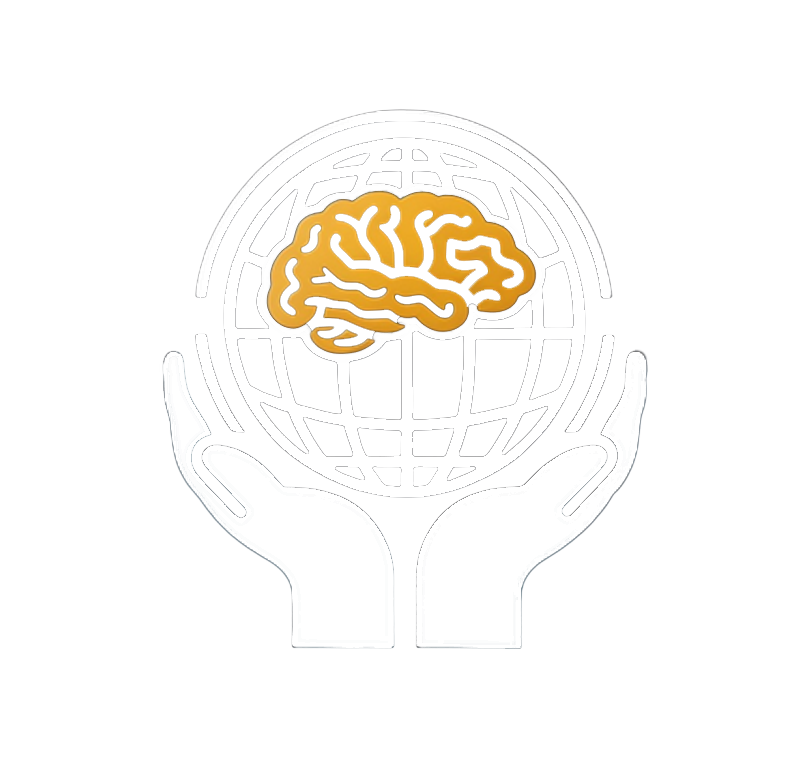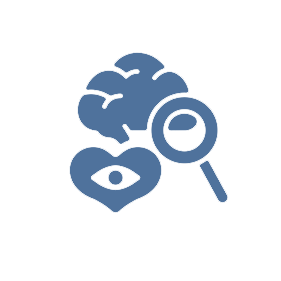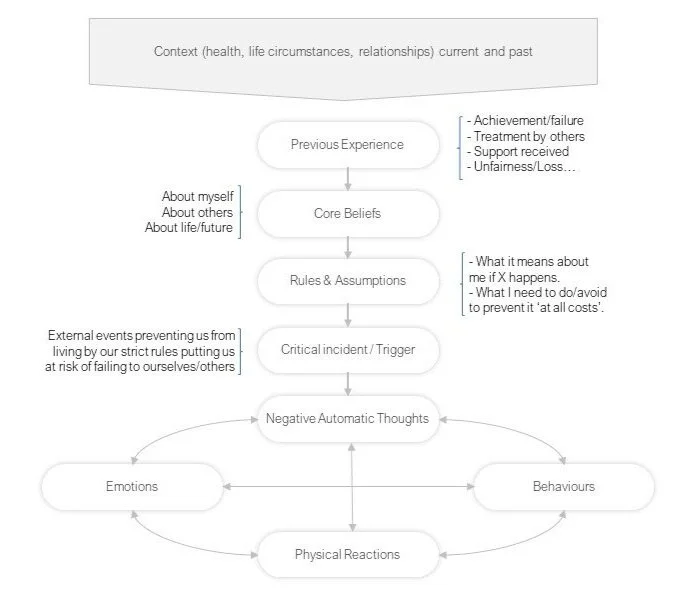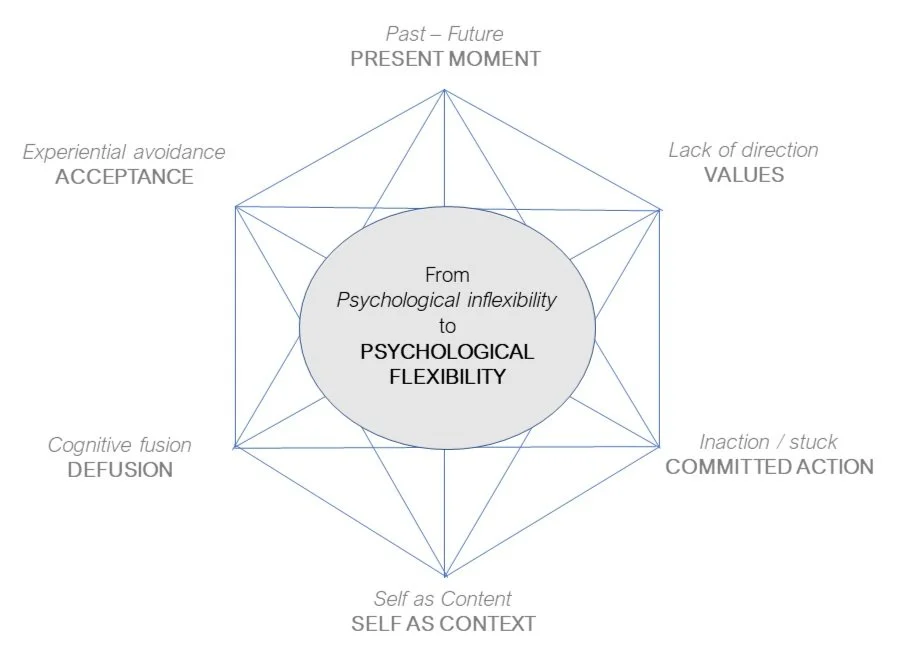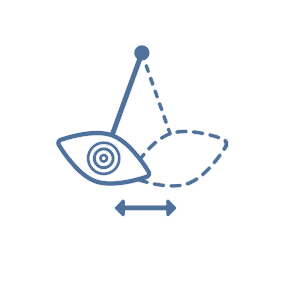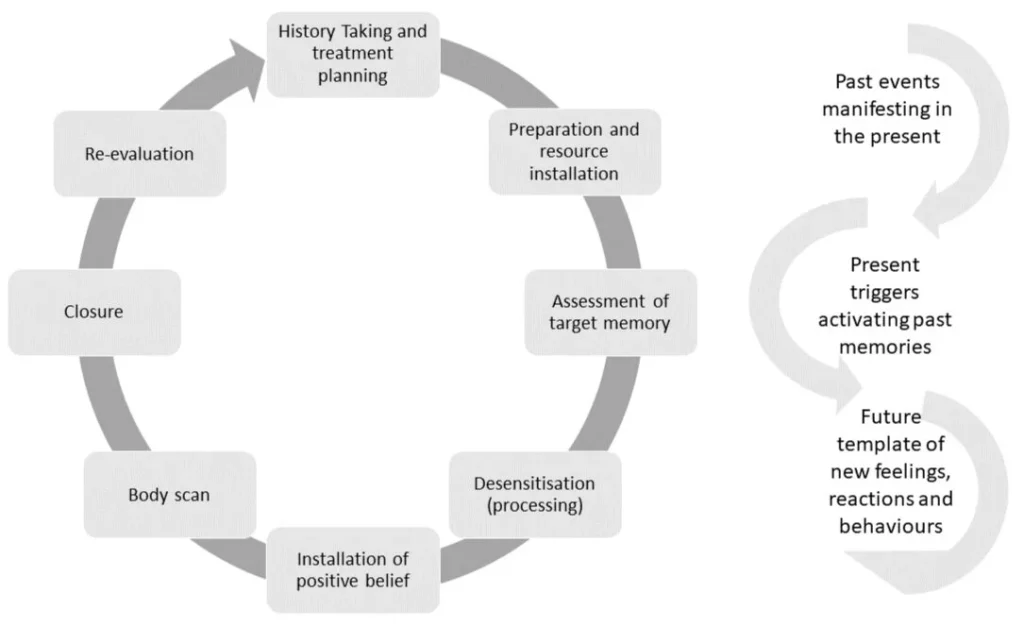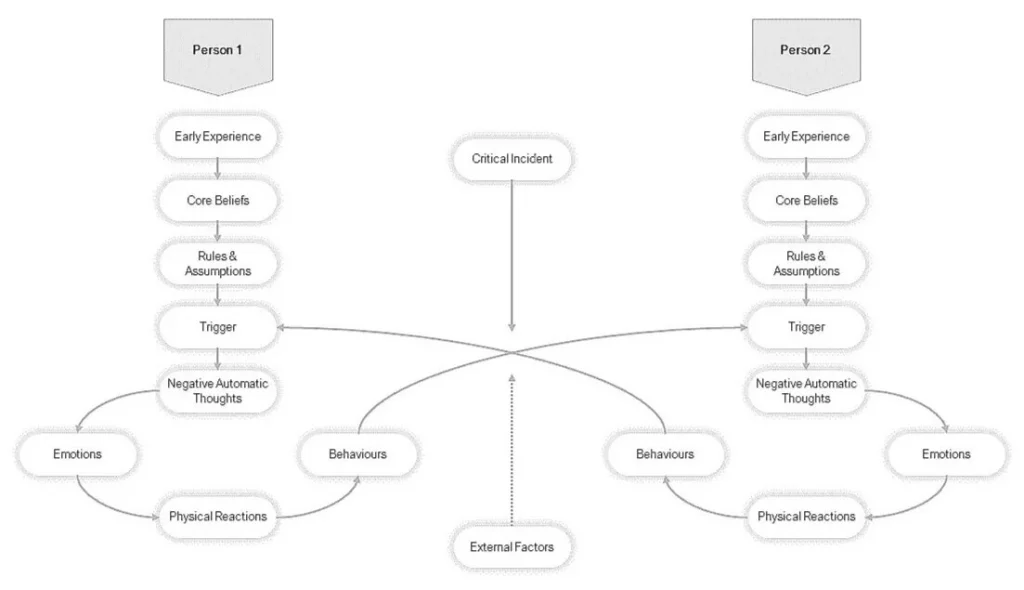Therapies

I use a variety of evidence-based therapeutic models focused on managing difficulties in the present or resolving past memories that affect a person’s daily functioning. All provide an explanation of how the problem began and what sustains it. Depending on the difficulties we are working on, we may use one model or another. Sometimes techniques and principles from different models can be used in combination.
What types of therapy do I offer?
I work with evidence-based psychological approaches, tailored to your personal needs and pace of change:
